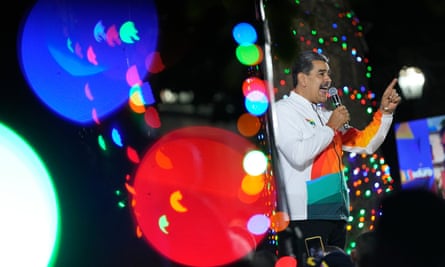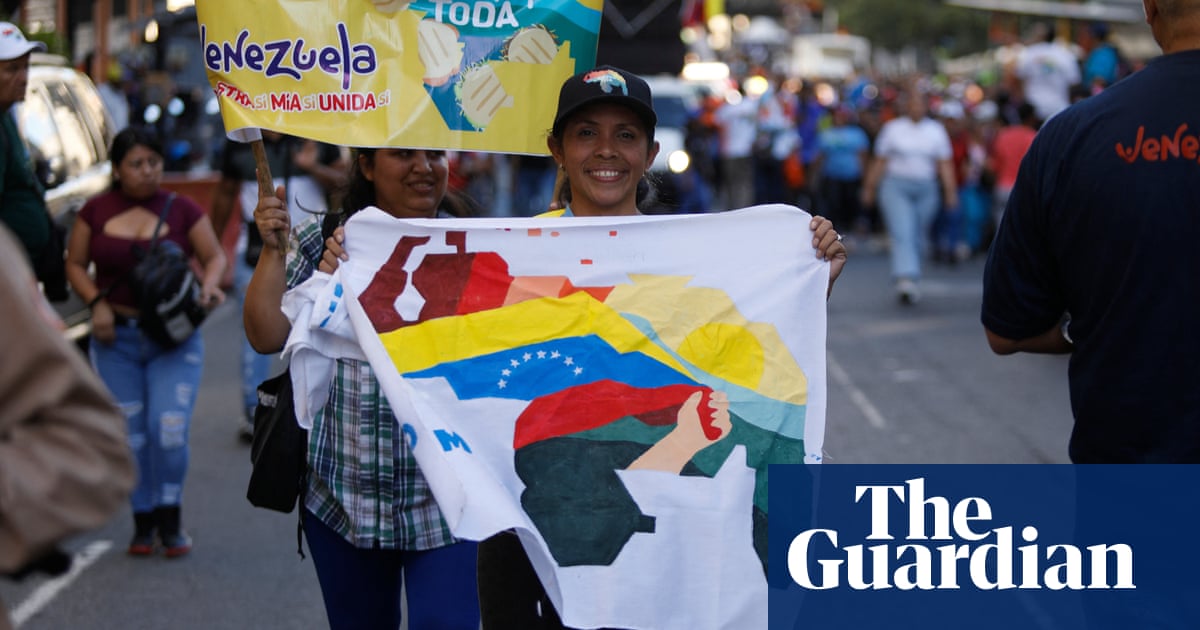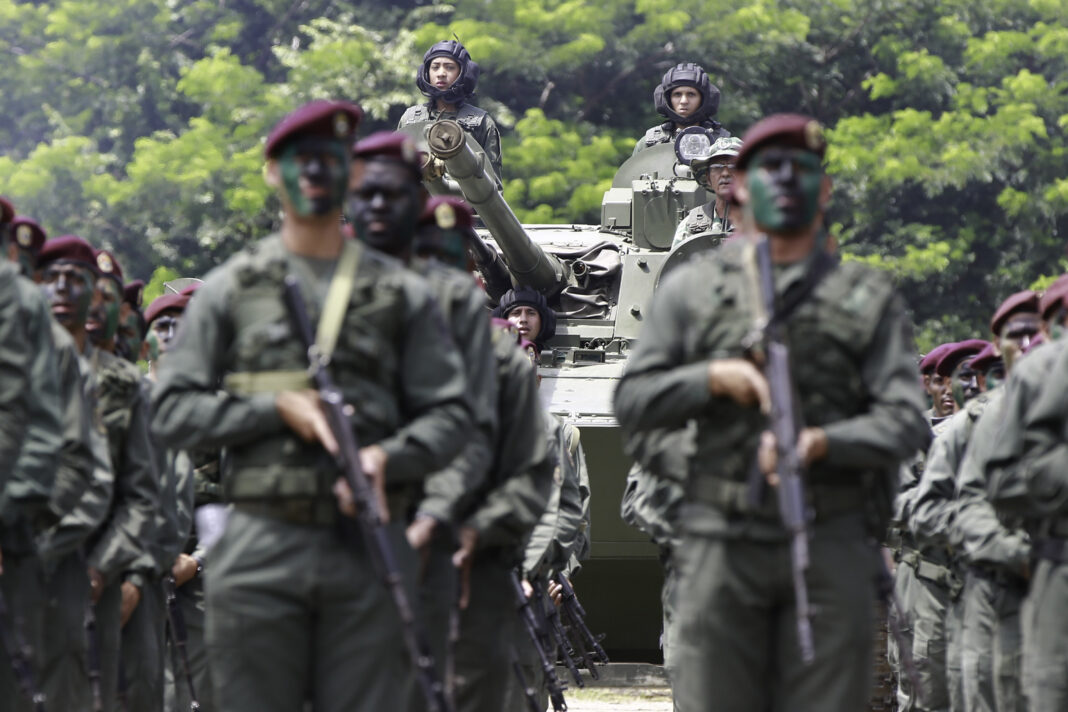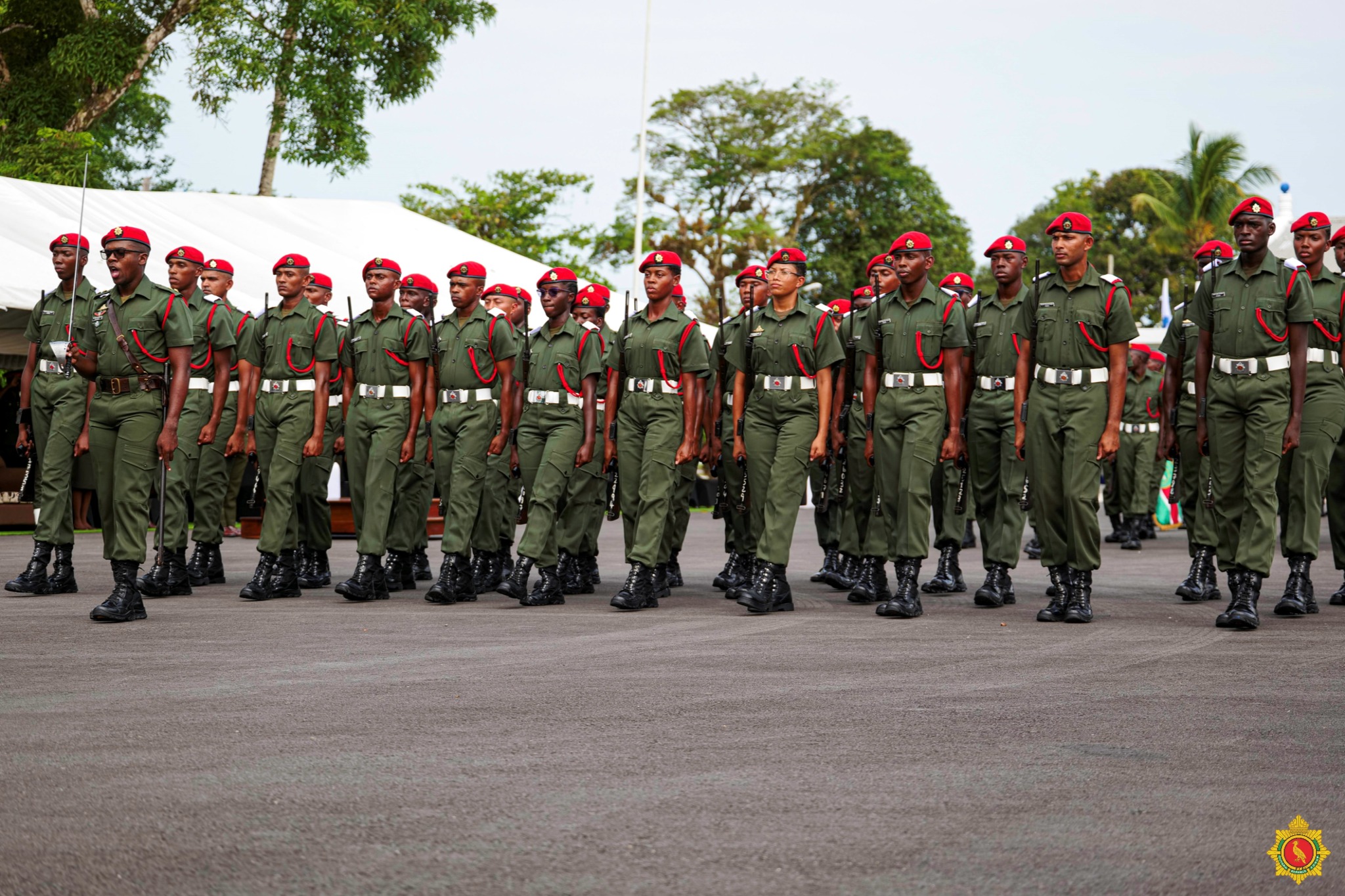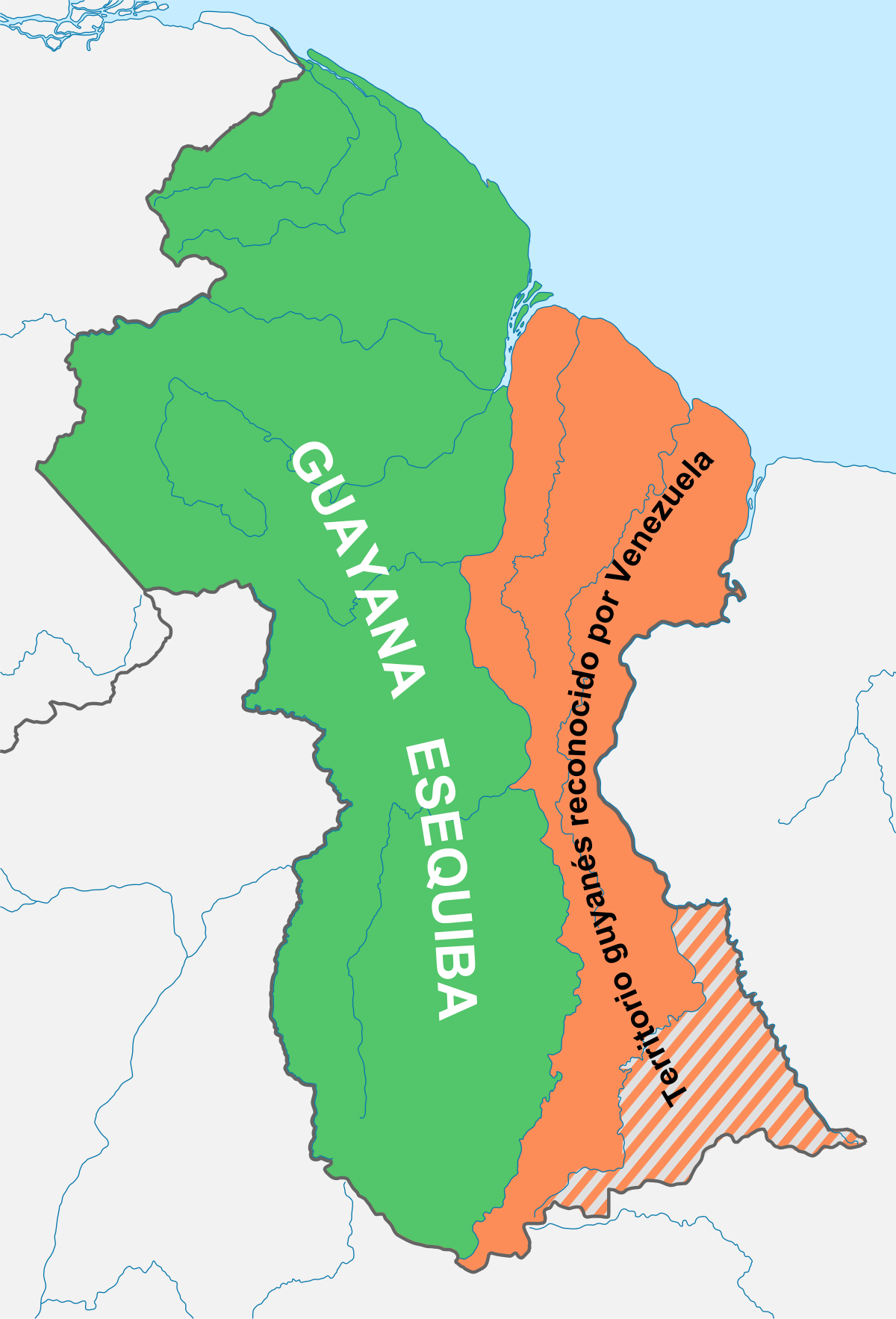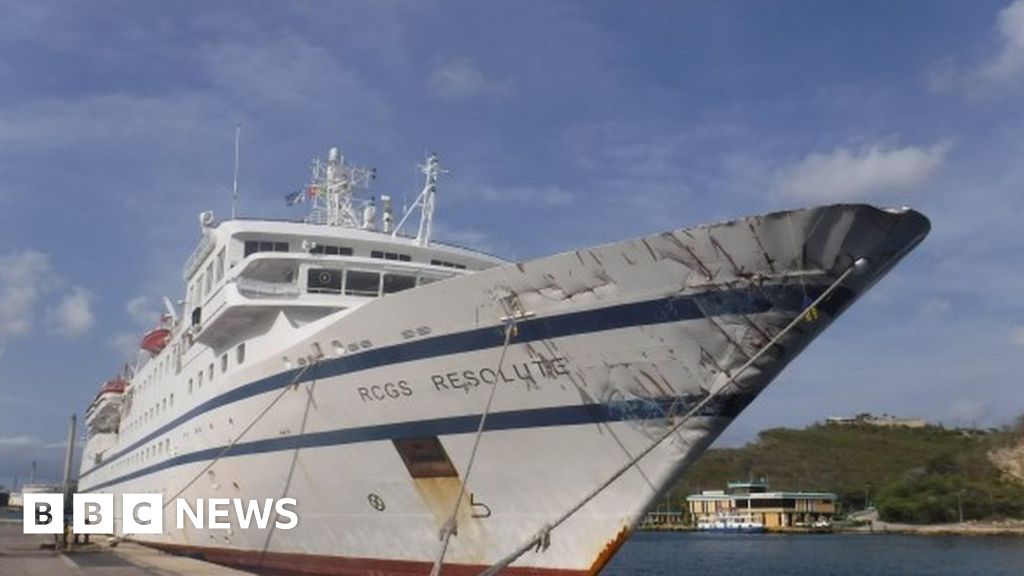Venezuela referendum result: voters back bid to claim sovereignty over large swath of Guyana
Disputed territory of Essequibo is larger than Greece, rich in minerals and gives access to part of the Atlantic boasting oil in commercial quantities
Guardian staff and agencies
Mon 4 Dec 2023 05.19 CETLast modified on Mon 4 Dec 2023 11.39 CET
Venezuelans have approved a referendum called by the government of President Nicolás Maduro
to claim sovereignty over an oil- and mineral-rich piece of neighbouring Guyana, the country’s electoral authority announced.
Few voters could be seen at voting centres, but the National Electoral Council claimed more than 10.5 million ballots were cast in the country of 20 million eligible voters.
Venezuela has long argued the territory, which comprises two-thirds of Guyana, was stolen when the border was drawn more than a century ago. But Guyana considers the referendum a step toward annexation, and the vote has its residents on edge.
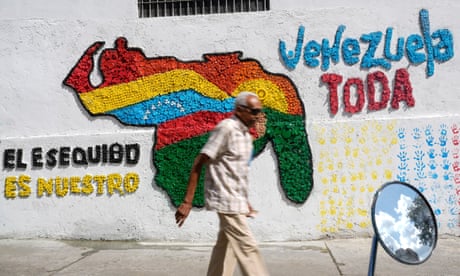
‘Despotic’ Maduro accused of risking Venezuela-Guyana conflict over oil-rich region
Read more
Venezuelan voters were asked whether they support establishing a state in the disputed territory, known as Essequibo, granting citizenship to current and future residents and rejecting the jurisdiction of the United Nations’ top court in settling the disagreement between the South American countries.
“It has been a total success for our country, for our democracy,” Maduro told supporters gathered in Caracas, the capital, after the results were announced, before highlighting the “very important level of participation of the people” in the referendum.
Throughout Sunday, long lines typical of electoral events did not form outside voting centres in Caracas. Reuters witnesses visited voting centres across the country
– many had few or no people waiting in line. In Maracaibo, in the oil-rich state of Zulia, poll workers told Reuters that turnout was low.
Still, before the 12-hour voting window was scheduled to end, the country’s top electoral authority official, Elvis Amoroso, announced polls would remain open for two additional hours because of what he described as “massive participation”.
Participation of more than 10.5 million voters means that more people voted in the referendum than did for Hugo Chávez, Maduro’s mentor and predecessor, when he was re-elected in 2012.
President Nicolás Maduro speaks to pro-government supporters after a referendum regarding Venezuela’s claim to Essequibo, a region administered and controlled by Guyana. Photograph: Matias Delacroix/AP
The international court of justice (ICJ) on Friday ordered Venezuela not to take any action that would alter Guyana’s control over Essequibo, but the judges did not specifically ban officials from carrying out Sunday’s five-question referendum.
Guyana had asked the court to order Venezuela to halt parts of the vote.
Although the practical and legal implications of the referendum remain unclear, in comments explaining Friday’s verdict, ICJ president Joan E Donoghue said statements from Venezuela’s government suggested it “is taking steps with a view toward acquiring control over and administering the territory in dispute”.
“Furthermore, Venezuelan military officials announced that Venezuela is taking concrete measures to build an airstrip to serve as a ‘logistical support point for the integral development of the Essequibo,’” she said.
The 61,600-square-mile (159,500 sq km) territory borders Brazil, whose defence ministry said earlier this week it has “intensified its defence actions” and boosted its military presence in the region as a result of the dispute.
Essequibo is larger than Greece and rich in minerals. It also gives access to an area of the Atlantic where energy giant ExxonMobil discovered oil in commercial quantities in 2015, drawing the attention of Maduro’s government.
Venezuela’s government promoted the referendum for weeks, framing participation as an act of patriotism and often conflating it with a show of support for Maduro.
Venezuela has always considered Essequibo as its own because the region was within its boundaries during the Spanish colonial period, and it has long disputed the border decided by international arbitrators in 1899 when Guyana was still a British colony.
That boundary was decided by arbitrators from Britain, Russia and the United States. The US represented Venezuela on the panel in part because the Venezuelan government had broken off diplomatic relations with Britain.
Venezuelan officials contend that Americans and Europeans conspired to cheat their country out of the land and argue that a 1966 agreement to resolve the dispute effectively nullified the original arbitration.
Guyana, the only English-speaking country in South America, maintains the initial accord is legal and binding and asked the International Court of Justice in 2018 to rule it as such, but a decision is years away.
Voters on Sunday had to answer whether they “agree to reject by all means, in accordance with the law”, the 1899 boundary and whether they support the 1966 agreement “as the only valid legal instrument” to reach a solution.
“I came to vote because Essequibo is ours, and I hope that whatever they are going to do, they think about it thoroughly and remember to never put peace at risk,” merchant Juan Carlos Rodríguez, 37, said after voting at a center in Caracas where only a handful of people were in line.
With Associated Press and Reuters



